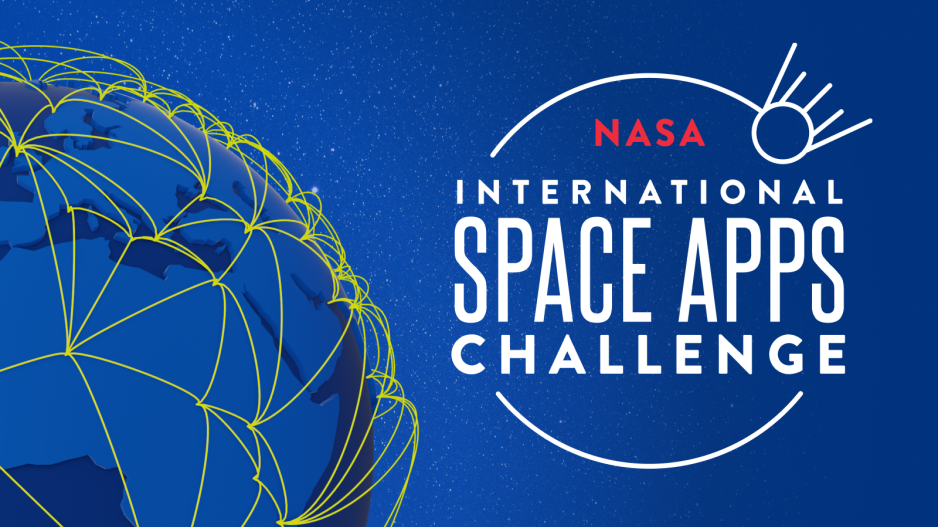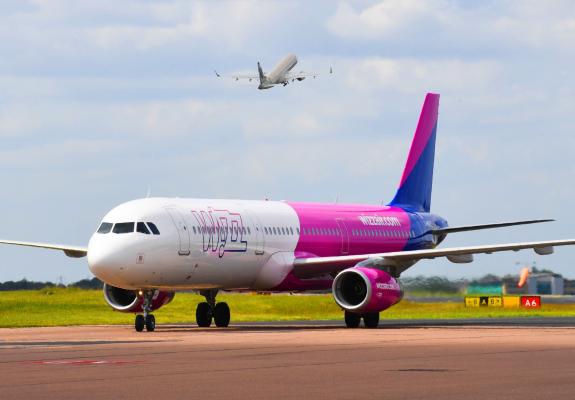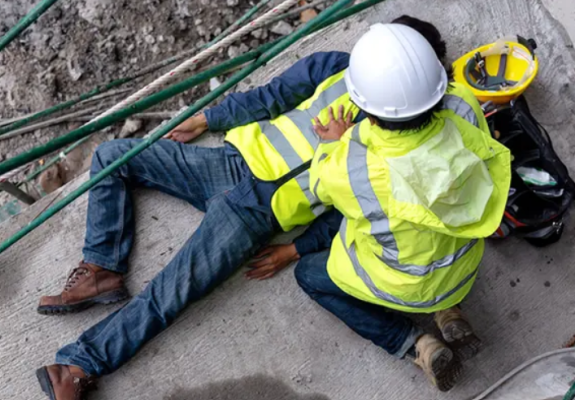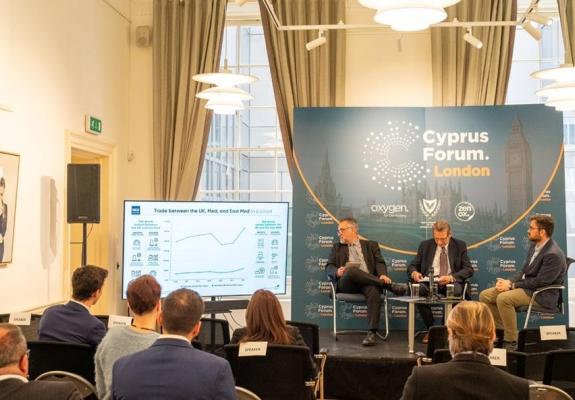Chief Scientist Visits NASA for Ceremony Honoring Cypriot Team "Brute Force"
It Is the First Time a Cypriot Team Has Been Invited to NASA Headquarters for an Award Ceremony
The Chief Scientist for Research, Innovation, and Technology of the Republic of Cyprus, Demetris Skourides, attended the NASA Space Apps Challenge awards ceremony at NASA headquarters in Washington, where the Cypriot team "Brute Force" won the first prize.
According to an official announcement, this achievement marks a historic moment as it is the first time a Cypriot team has been invited to NASA headquarters for an award ceremony.
"We are very proud of the Cypriot team 'Brute Force' for their success in the NASA Space Apps Challenge," said Mr. Skourides, adding that their success is a testament to the innovative spirit, technical expertise, and research excellence cultivated by Cypriot scientists in the space sector. He also spoke about Cyprus' Space Strategy 2022-2027, developed by the Deputy Ministry of Research, Innovation, and Digital Policy.
The team "Brute Force" won the first prize for their Moonquake Map project, selected from 3,094 projects from 162 countries. The Moonquake Map charts seismic events on the Moon to understand its internal structure, demonstrating the technical expertise and innovative spirit of Cypriot talent. The team members are Konstantinos Aristodimou, Marios Iakovou, George Evangelou, and Panayiotis Theodorou. The competition has been organized in Cyprus for the past 11 years by the Cyprus Space Exploration Organization (CSEO), promoting innovation and entrepreneurship and creating a vibrant space ecosystem in the country.
Mr. Skourides emphasized Cyprus' strategic position at the crossroads of Europe, Asia, and Africa, which enhances its connectivity and highlights the Republic of Cyprus as a central hub for space research and international cooperation. "Our vision is to leverage this strategic advantage, complemented by a world-class research community and a robust innovation ecosystem that fosters strong relationships with European and global space organizations, research institutions, and industry leaders," he said.






